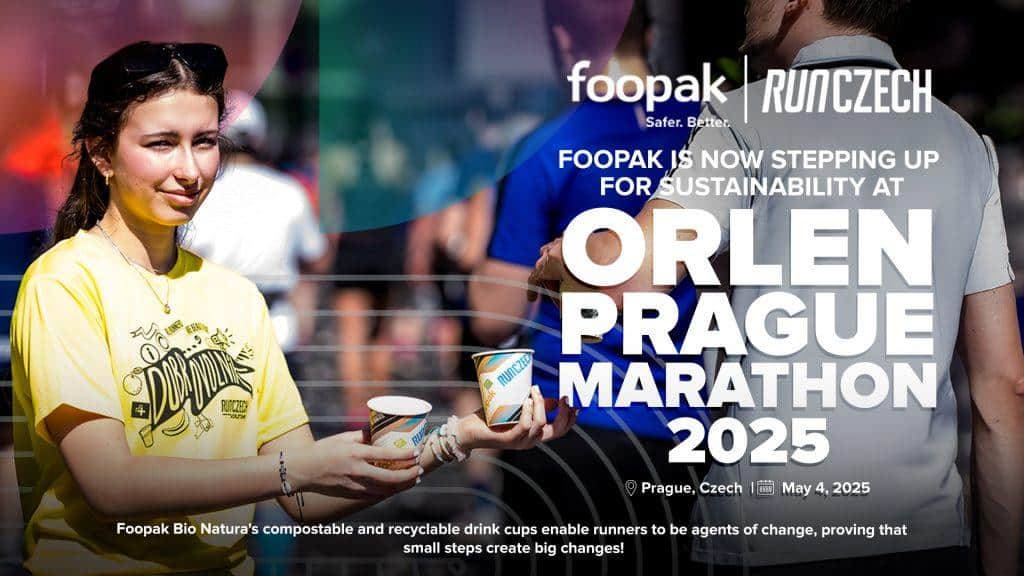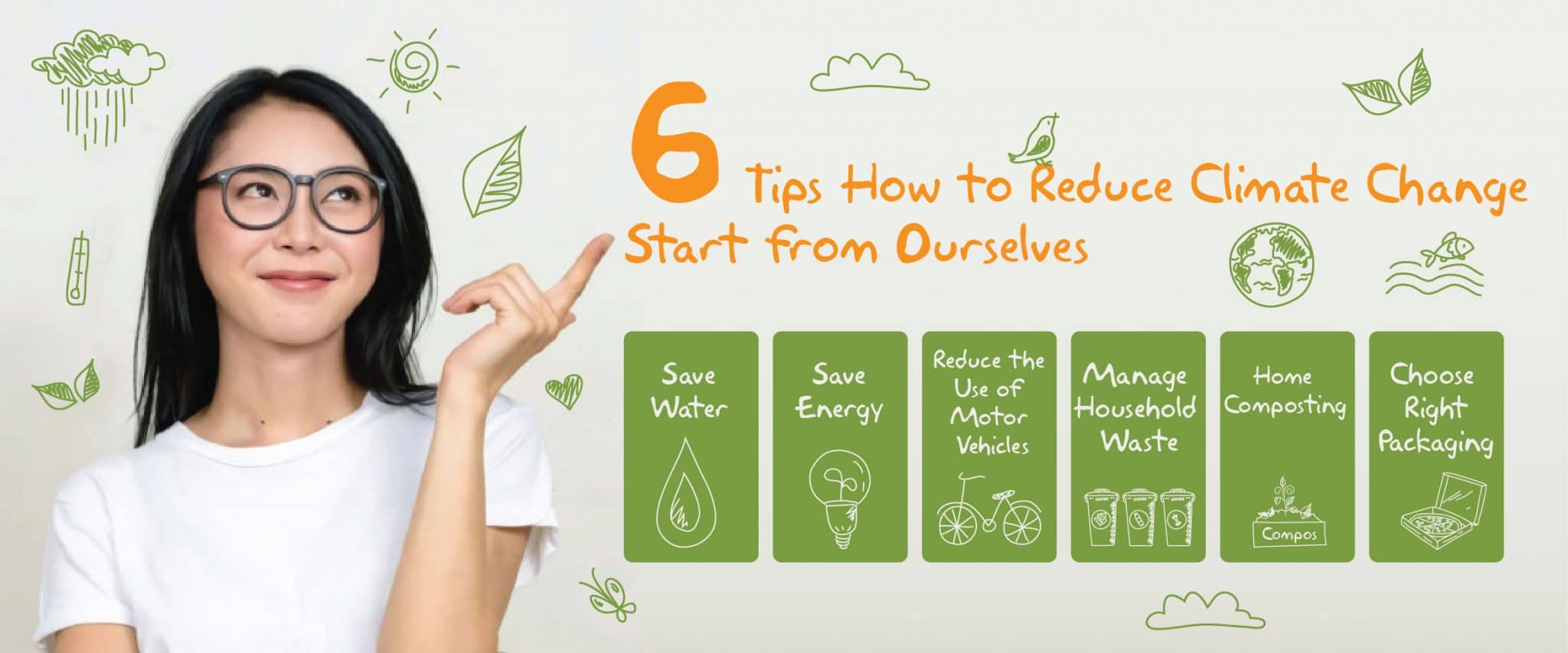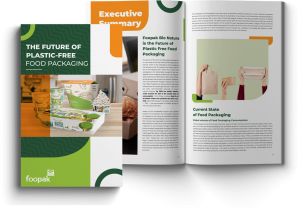

Climate change is an issue that attracts worldwide attention. Extreme disasters occur in many countries such as heatwaves, forest fires, large floods, and landslides. These disasters have occurred a long time ago before and have been repeating in a cycle. These disasters show the process of the earth is going older and moving all the time. Since the 21st century, there has been evidence found that human acts to extract natural resources begin with the consequences, such as land clearing for farming, large-scale fishing activities, and mining explorations. If not controlled, this will have a more severe impact on the next generation.
As productive individuals in a modern generation where knowledge and technology are easy to grasp, there are many things we can do starting from ourselves to reduce the climate change impact on our planet. Here are six ways to reduce the impacts of climate change that we can use in our daily lives:
1. Reduce the use of motor vehicles
The first way to prevent global warming is to reduce the use of motor vehicles which means fewer emissions. Besides it saves fuel, walking and cycling are also beneficial for health. Not only it’s healthy, walking and cycling are also reduce the burden of the government in creating more roads and reducing land clearance.
2. Save electrical energy
Consider buying energy-efficient electronics and appliances, for example, LED lights, and others. Try to do simple but consistent things like turn on the light only when needed, unplug the cable from the socket when not in use, and use TV and AC electronics as needed. The use of LED lights is 75 – 80% less electricity and lasts 3 – 25 times longer than traditional bulbs. Although energy-efficient bulbs are more expensive, their efficient energy use and longer lifetimes mean that they cost less in the long run.
3. Save water
The less water you use, the better it is for the environment. Saving water can be done by small things such as turning off the tap while cleaning your teeth or face, avoiding hours bath, avoiding dripping taps and leaking pipes, and any activities that make overdo to use it.
4. Manage household waste
Reducing food waste can start from the process of preparing food until it is finished. We can maximize all the cooking ingredients used so that they are not wasted. Moreover, prepare food only as necessary so that it does not become waste. To manage waste, we can separate household waste/wet and dry waste. This activity also can help on reducing the burden of landfills.
5. Home composting
One of the ways to reduce household food waste is to make compost. The compost can be used as fertilizer to care for plants, fertilize the soil and improve the structure of soil quality in our home. The method is easy and can be done by yourself at home, mixing organic waste with soil and water, and we can even add environmentally friendly packaging waste paper. The detailed methods and types of packaging that can be composted can be seen in the article “How to make Foopak Bio Natura compost at home”.
6. Be wise in choosing food packaging
Start wisely choosing sustainable packaging products. Reduce, reuse, and recycle are simple steps to reduce global warming and the accumulation of waste. We can start to reduce plastic packaging by replacing it with environmentally friendly paper. Re-use the plastic bags/plastic bottles for containers at home.
We can also recycle the waste through recycling curbs near our homes or regions. Before putting it into recycling, we need to rinse and clean it and separate it from other wet trash. We can benefit from the recycling process, as the waste will change to other useful products, such as recycled paper, plastic bottles into eco-bricks or other crafts. The use of packaging in the world has a huge impact on climate change, and it is our responsibility to choose to package wisely. Foopak Bio Natura is the solution to keep this earth sustainable. Besides not containing plastic, Foopak Bio Natura paper can also be recycled and composted, making it safe to use as food-grade and eco-friendly packaging.
The tips above are easy to do anywhere and anytime. We can start from small things consistently that bring big changes for generations of our children and grandchildren. Teach people around us as much as possible to respect and protect nature and the environment. Let’s start this lifestyle with ourselves for a better life!

